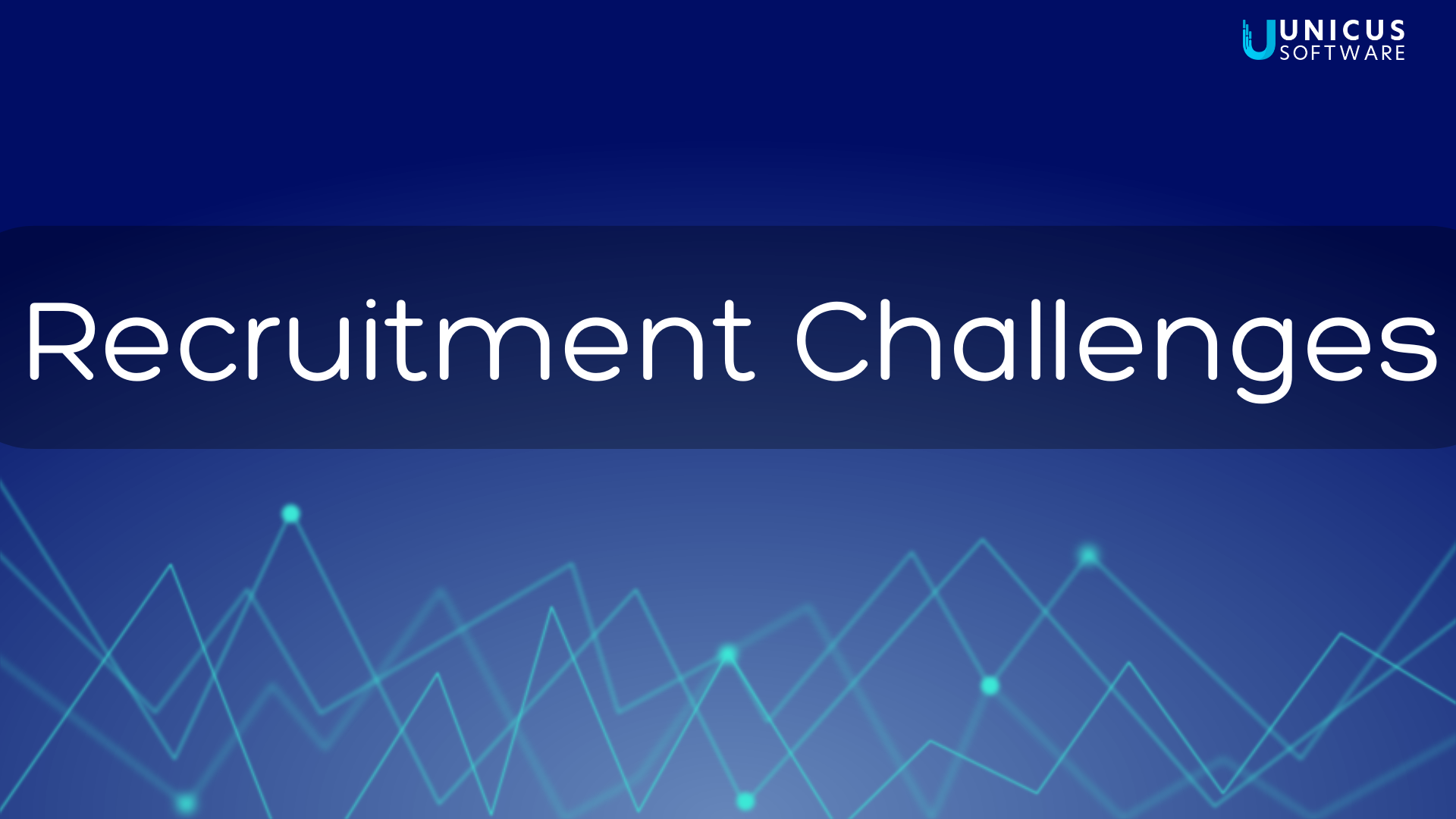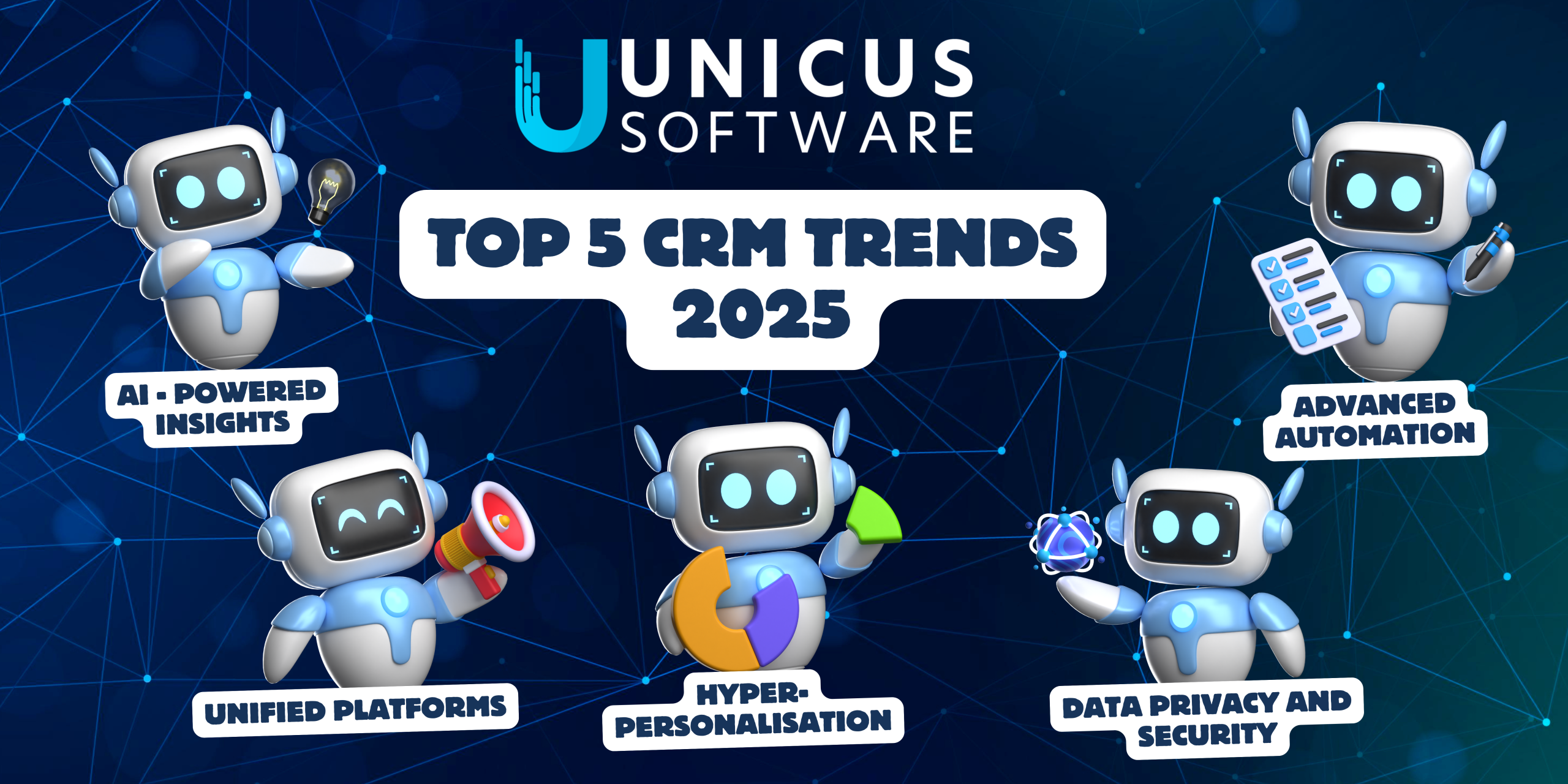Recruitment is evolving rapidly, and employers are increasingly encountering new challenges as they compete for the best talent. In today’s post, we explore the most pressing recruitment challenges and offer practical strategies to overcome them—helping you build a more efficient hiring process and a high-performing workforce.
Bridging the Skills Gap
The shortage of critical skills continues to impact businesses across multiple sectors. To close this gap, companies are prioritizing internal upskilling, offering training programs, and working with educational institutions to align training with real-world needs. Looking beyond conventional candidate profiles and considering those with transferable skills or non-linear career paths also expands access to untapped talent pools.
Delivering a Standout Candidate Experience
An outstanding candidate experience can be the difference between securing top talent or losing them to competitors. From timely communication to a frictionless interview and onboarding process, every touchpoint matters. Personalization and transparency go a long way in making candidates feel respected and excited about joining your organization.
Speeding Up the Hiring Process
Delays in recruitment can lead to talent loss and damaged employer reputation. Reducing time-to-hire involves clearly defined hiring stages, automated workflows, and better alignment across hiring teams. Structured interviews and pre-screening assessments also support faster, more informed decisions—without compromising quality.
Strengthening Diversity and Inclusion in Hiring
DEI is no longer optional—it’s a core part of successful recruitment. Building inclusive hiring practices includes using neutral language in job postings, implementing blind screening, and assembling diverse hiring panels. Setting measurable diversity objectives and tracking progress are essential steps toward building a truly inclusive workforce.
Developing a Sustainable Talent Pipeline
A future-ready workforce requires long-term thinking. Building talent pipelines through internships, apprenticeships, and early-career programs helps organizations maintain a steady flow of potential hires. Partnering with universities and industry networks can support these efforts and ensure access to skilled talent over time.
Staying Compliant and Legally Sound
With changing legislation and growing emphasis on fair hiring, compliance is more important than ever. Organizations must stay current with employment law, data protection regulations, and anti-discrimination rules. Providing regular training to hiring managers and HR teams helps ensure legal alignment and minimizes risk.




Leave a Reply